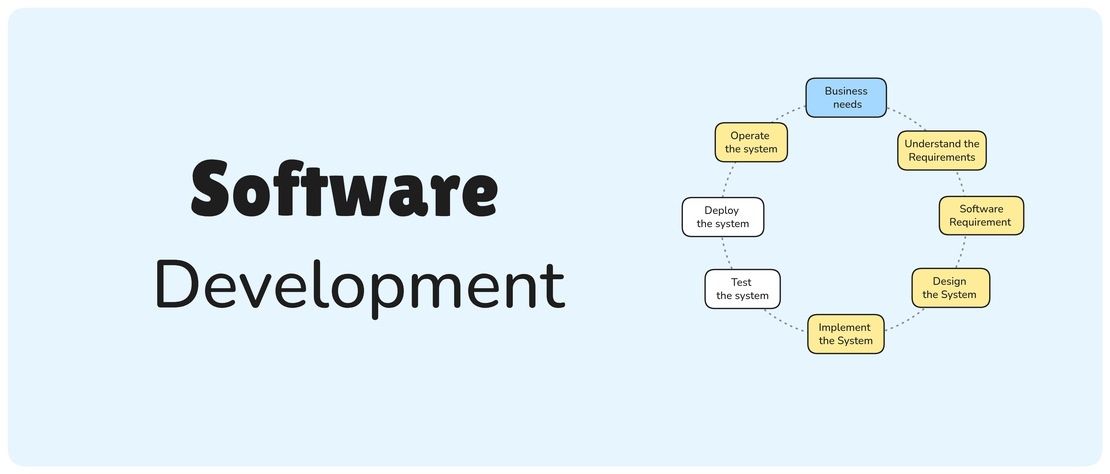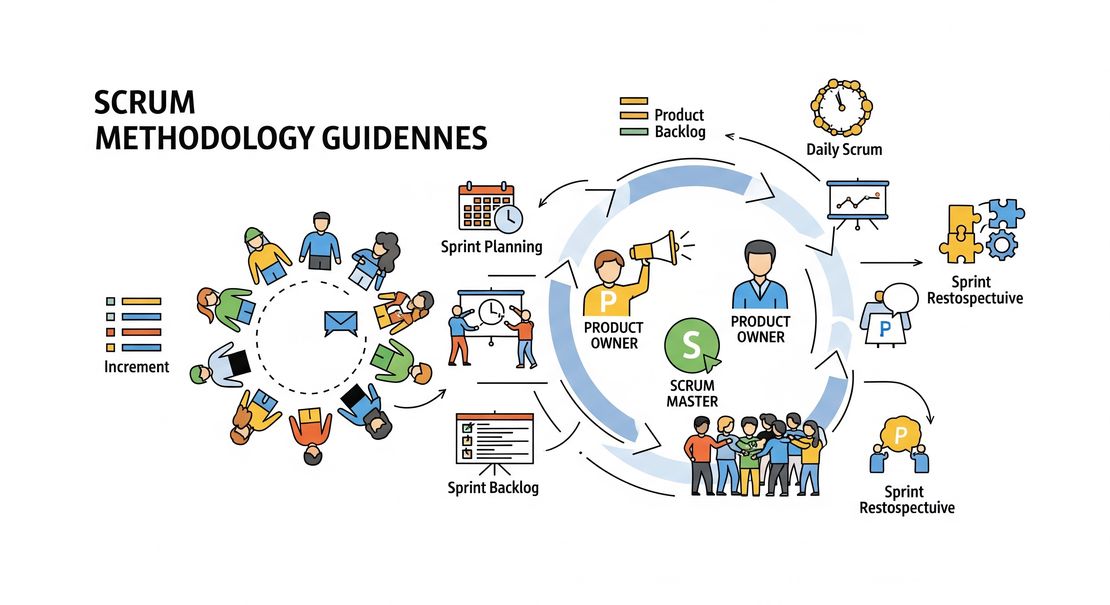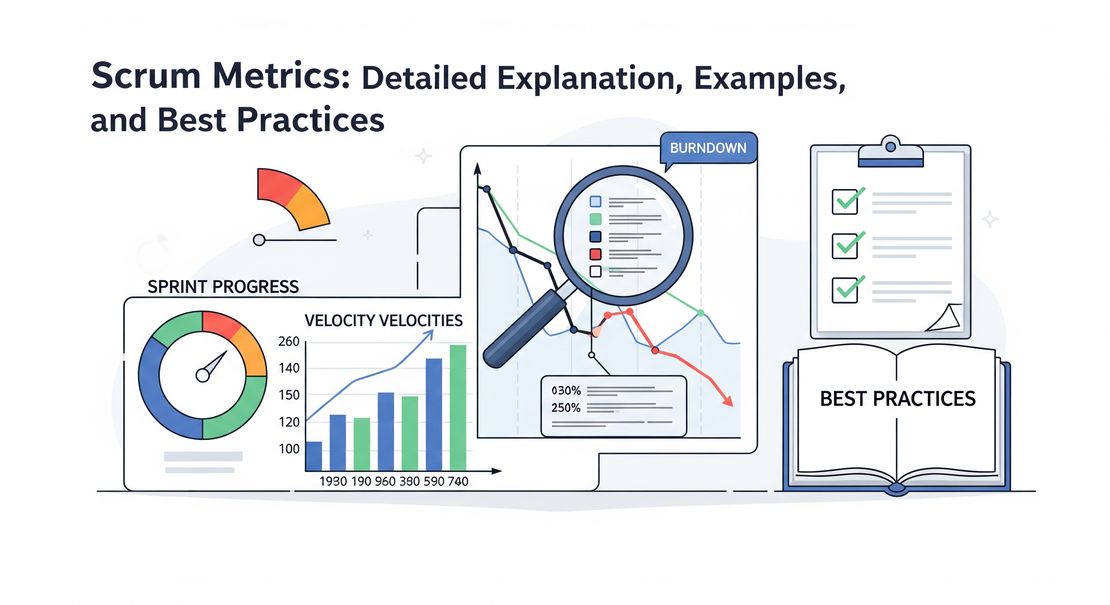Software Development
- Home /
- Categories /
- Software Development

Main Indexes to Measure Programming Language Usage Worldwide
The world of programming languages is vast and ever-evolving. Developers, tech companies, and educators constantly seek insights into which languages are most used, most loved, or most in demand. But how do we measure this popularity and usage? Several organizations have developed indexes and surveys to track the global usage trends of programming languages, each using different methodologies and data sources. Understanding these indexes helps inform hiring decisions, learning paths, and software planning strategies.
Read More
How to Create Your Own Python Library: A Step-by-Step Guide
As Python developers, we often find ourselves writing reusable code. Whether it’s a set of utility functions, a custom data processing pipeline, or a specialized algorithm, packaging this code into a library can significantly improve code organization, reusability, and collaboration. This guide will walk you through the process of creating your own Python library, from initial setup to distribution on PyPI.
Read More
Scrum Methodology Guidelines
Scrum is an agile framework for developing, delivering, and sustaining complex products. It emphasizes empirical process control, collaboration, accountability, and iterative progress. Scrum divides work into Sprints—time-boxed iterations—where teams produce potentially shippable product increments.
Read More
Scrum Metrics: Detailed Explanation, Examples, and Best Practices
In Scrum, metrics serve as tools for inspection and adaptation. They help teams evaluate their performance, predict future behavior, and foster continuous improvement. Below are detailed explanations, examples, best practices, and general guidelines for the key Scrum metrics.
Read More
Building Trustworthy Code: A Comprehensive Look at Essential Software Engineering Standards
In the intricate world of software development, where complexity soars and security threats loom, adherence to established standards is no longer optional—it’s a fundamental requirement. These standards, developed by leading international bodies and industry consortia, provide invaluable guidance, best practices, and frameworks to ensure that software is not only functional but also reliable, secure, maintainable, and efficient throughout its entire lifecycle.
Read More